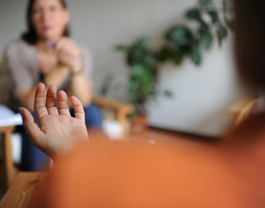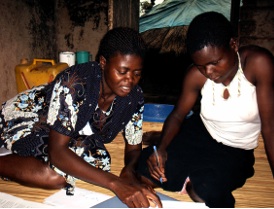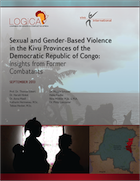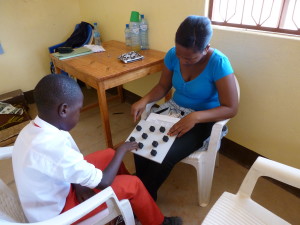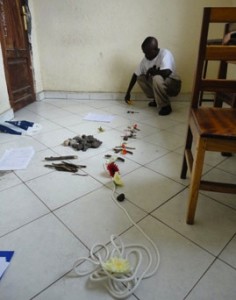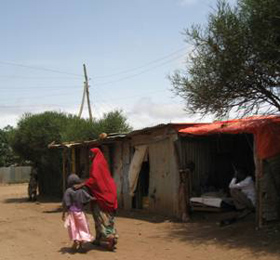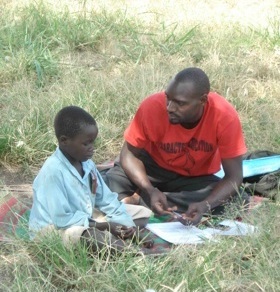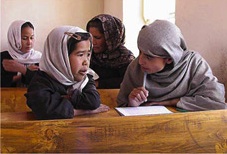In our work in Northern Uganda, vivo recorded alarmingly high rates of acts of gender-based violence: More than 80% of the female clients who had received trauma-focused treatments through vivo reported at least one sexual assault during their lifetime. Some of these traumatic sexual experiences took place during the war, but even in the post-conflict society sexual assaults towards women and children are on the rise. To provide psychotherapeutic support to survivors of gender-based violence, vivo was funded by the UN (namely the UN Peace Building Fund via UNFPA) in the framework of the project “Strengthening the Multisectoral Approach to Gender-Based Violence Prevention and Response” from April 2011 until June 2012. In the course of this project, vivo offered a wide range of psychological support for traumatised children and women, which included psychodiagnostic assessments, trauma-focused therapy, solution-focused and resource-oriented counselling, family mediation and follow-up visits.
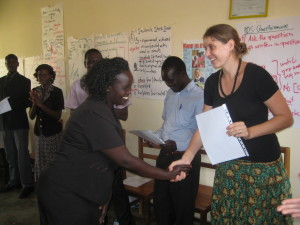
Lesen Sie weiter: Psychosocial support for survivors of gender-based violence
In our work in Northern Uganda, vivo recorded alarmingly high rates of acts of gender-based violence: More than 80% of the female clients who had received trauma-focused treatments through vivo reported at least one sexual assault during their lifetime. Some of these traumatic sexual experiences took place during the war, but even in the post-conflict society sexual assaults towards women and children are on the rise. To provide psychotherapeutic support to survivors of gender-based violence, vivo was funded by the UN (namely the UN Peace Building Fund via UNFPA) in the framework of the project “Strengthening the Multisectoral Approach to Gender-Based Violence Prevention and Response” from April 2011 until June 2012. In the course of this project, vivo offered a wide range of psychological support for traumatised children and women, which included psychodiagnostic assessments, trauma-focused therapy, solution-focused and resource-oriented counselling, family mediation and follow-up visits.

Continue reading: Psychosocial support for survivors of gender-based violence
